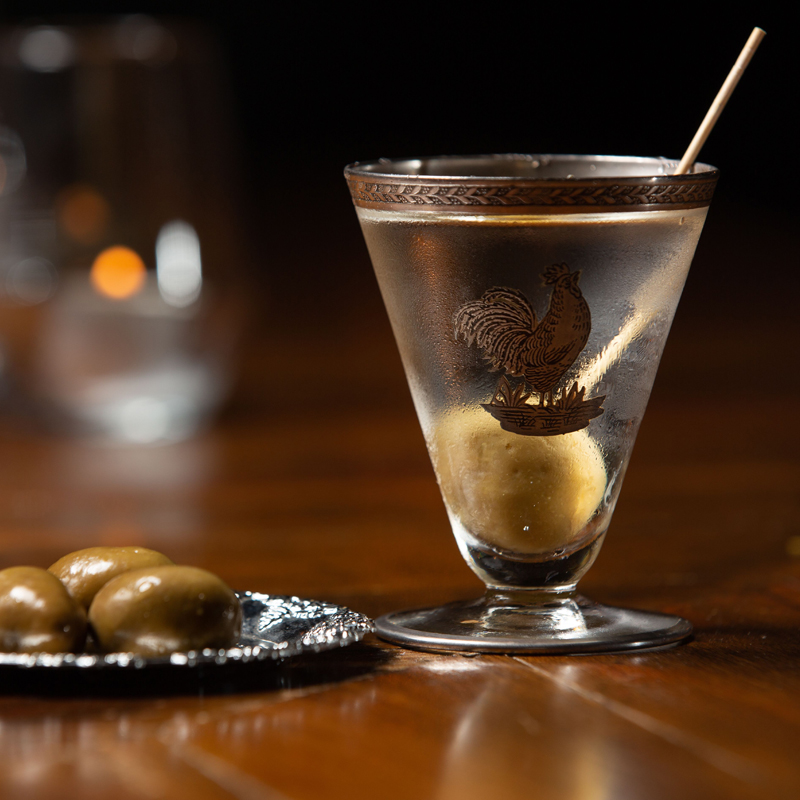
100 gr |
-- |
|
|---|---|---|
| Carbohydrate (gr) | 15.04 |
4928.47 |
| Protein (gr) | 3.59 |
1176.23 |
| Fat (gr) | 12.46 |
4083.43 |
| Fiber (gr) | 1.36 |
445.97 |
| Cholesterol (mg) | 14.64 |
4795.8 |
| Sodium (mg) | 325.27 |
106557.75 |
| Potassium (mg) | 392.16 |
128471.4 |
| Calcium (mg) | 78.15 |
25603.27 |
| Vitamin A (mg) | 46.04 |
15084.01 |
| Vitamin C (mg) | 6.16 |
2019.31 |
| Iron | 0.62 |
203.1 |
Martini is a popular alcoholic cocktail traditionally made from a combination of gin and vermouth, garnished with an olive or a twist of lemon. Today, it stands as one of the most iconic mixed drinks worldwide. With an alcohol content ranging between 16% and 18%, martinis offer a blend of refined flavors and herbal complexity.
The herbal mix used in martini production typically includes over 35 botanical ingredients. Among these are yarrow, peppermint, St. John’s wort, chamomile, coriander, ginger, cinnamon, cloves, wormwood, immortelle, and more. Not only are the leaves and stems of these plants utilized, but also their flowers and seeds, rich in essential oils. This places martini in the class of vermouth beverages, renowned for their aromatic and therapeutic qualities.
Calories in 100 ml of martini are 226 calories
The botanical ingredients forming the base of martini production can have positive effects on the body. The medicinal properties of these herbs were first identified by the ancient philosopher Hippocrates. However, these benefits are only achievable when martini is consumed in moderation—no more than 50 milliliters per day.
In small doses, martini has been used to address various digestive issues, including conditions associated with low gastric acid secretion, intestinal discomfort, and bile duct irregularities. The presence of wormwood extract in martini is particularly significant, as it stimulates bile production, improves enzymatic activity, and helps normalize digestion.